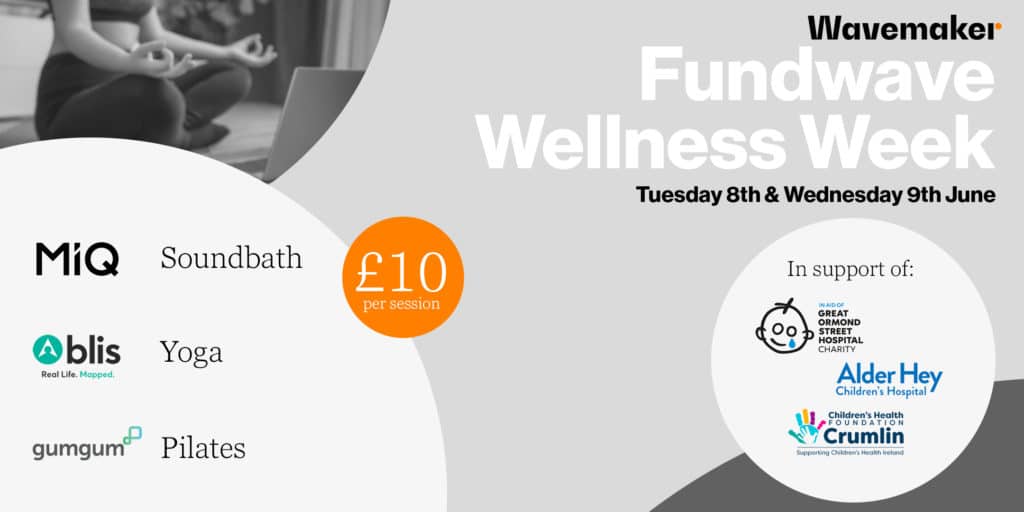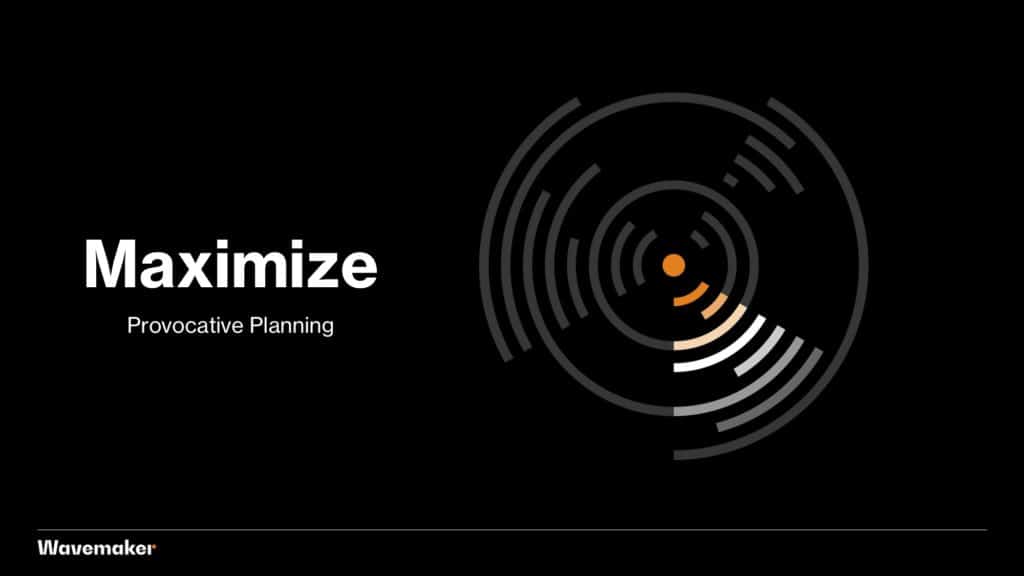Some statistics confirm your beliefs, some surprise you and some challenge you to dig deeper and think harder about their implications. In the US 52% of all 18-29 year olds now live with their parents. It’s true. I checked, twice.
That’s an astonishing 27M adults who haven’t been able to start an independent life. It’s the highest percentage ever recorded in 100 years of tracking. It’s more than in the Great Depression, an almost impossible-to-credit 45% higher than when I was that age in the ‘90s.

Some of this is COVID-driven and perhaps temporary. But even without the lockdown, the total had been increasing steadily to 47%. If you’re a Gen Z member over 18, the chance of you living away from your parents in 2020 falls to a scarcely believable 29%. Compounding the pain, a CNBC analysis suggested that over 25% of Gen Z are unemployed as of October, triple the number this time last year and double the number of any other age group.
The human implications are easy to empathise with. More than half of all adults under 30 now share their lives and their roofs with their parents. Dating, drinking, decision-making of all kinds are in some way negotiated boundaries for this group. The stress, frustration and emotional angst are surely very significant. It short, it must pretty much suck hard for these grown-up kids and their parents.
On a practical level it should change how we think about marketing to Gen Z. Our industry obsession with them should be moderated by the likely reality that only 29% of them fully control the purchasing of products and services that enter or alter the homes they live in. Data from Asia, where young adults tend to live at home for longer, shows this suppressed effect on discretionary spend more starkly. 67% of Gen Zs are saving hard for their own home, resulting in 73% prioritising cheap prices over all other factors.

It should also challenge the reflexive and flabby thinking that surrounds discussion about Gen Z. We too easily accept claims that they possess unusual virtues and stand distinct from the consumerist Millennials, Karens or Boomers. For some reason we think that they care more for the environment, behave more ethically, stand stronger for diversity and choose more socially progressive brands. Perhaps we want to believe they will make the brave choices that we Millennials and Gen X’s failed to make.
Gen Z did vote heavily for Biden in November; 11% more of them swung blue than Millennials. But detailed Pew Research data suggests you’d be hard pressed to identify any issue that separates the average 18-year-old Gen Z from a Millennial more than twice their age.
Even on issues of marriage equality and trans rights there are only 1% differences between these groups. Eurobarometer research suggests that in some areas of the EU they are actually less progressive, being slightly less likely to believe in human-created climate change or less willing to take action on environmental issues than the over 45s.
In most APAC markets, a McKinsey survey shows Gen Z as the generation least likely to pay more for environmentally friendly products. Global analysis from LinkedIn tells the same story, indicating that Gen Z are only half as likely as Boomers to favour an employer based on them having a clear social purpose.
The effort that marketers put into the targeting, messaging and partnering of Gen Z in the belief that they demand something unique from brands is bizarre. Their media behaviour is different, how they buy is different – but their beliefs and needs are not.
The place where a belief in the ethical exceptionalism of a younger generation is most in evidence is a survey of young adults about themselves. This has always been true. Every generation believes, as a psychological necessity, that it is different – less compromised than the one responsible for the imperfect world they live in. They believe that they and their friends will change the world for the better. How could they not? And how terrible for us all if they didn’t feel this way.
It’s impossible not to feel sympathy for the tens of millions of young US adults living at home because they have no other choice. But it is optional to ignore what this means for marketing – and bad for business to trade data for comfortable myths.

Stuart Bowden, Global Chief Strategy Officer







